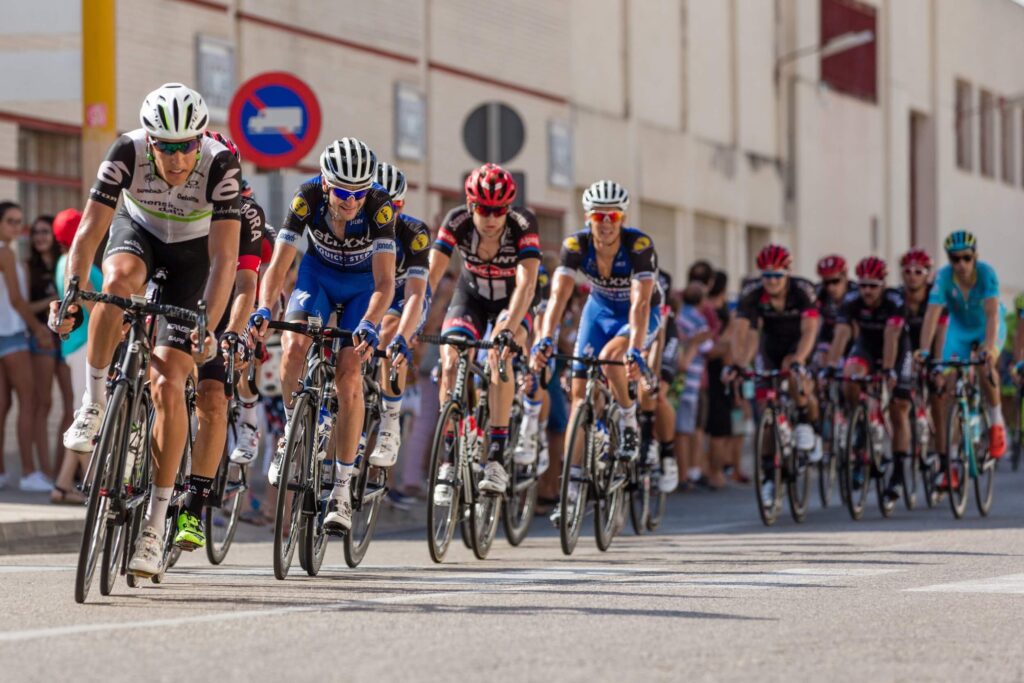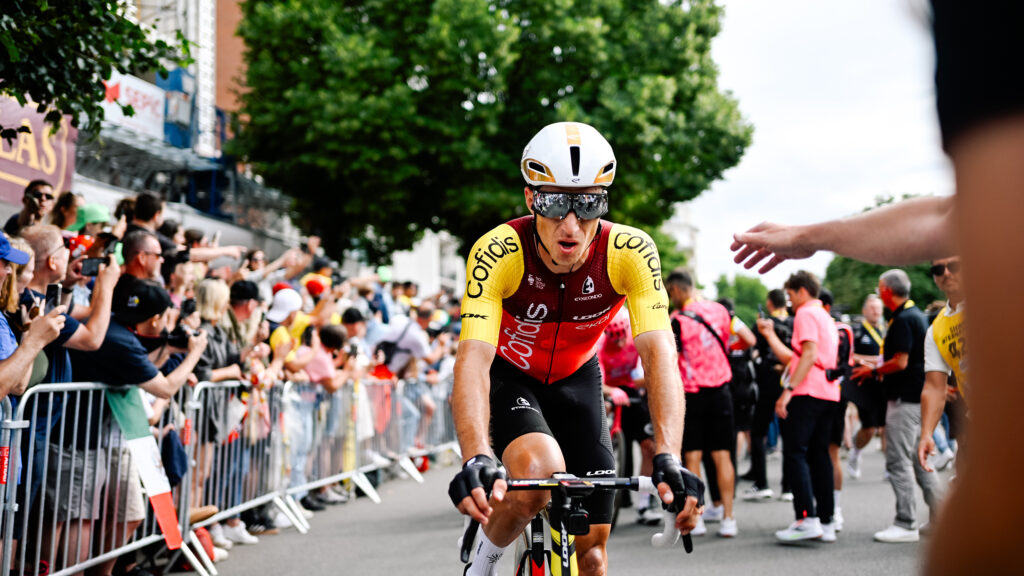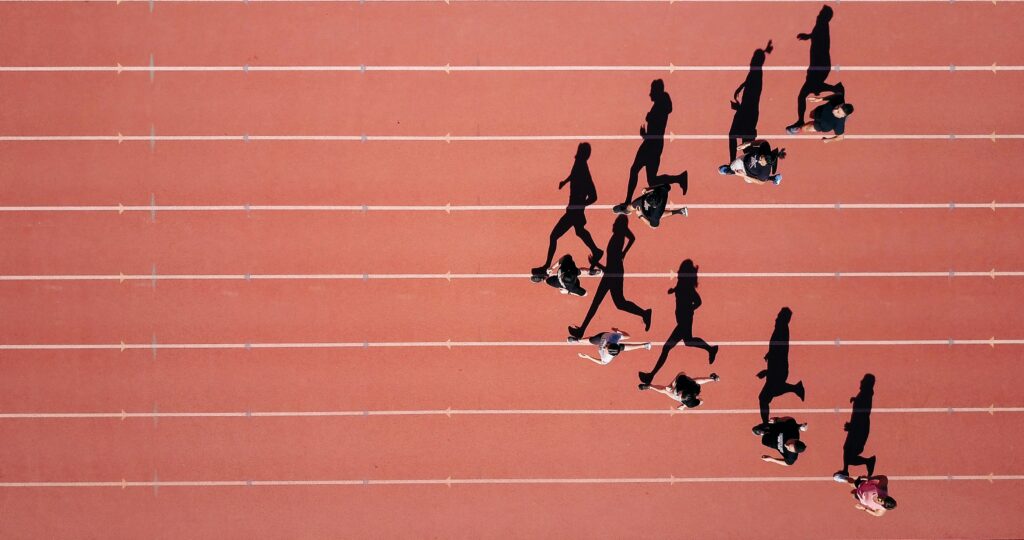The effects of stress and anxiety on athletes are of paramount concern to coaches and instructors as most sportspersons grapple with the issue on a daily basis. Competitive sport is a thrilling, strenuous and progressively fast-paced world.
Players and coaches alike are frequently working long hours to identify ways to improve individual skills, achieve maximum squad talent and develop mental toughness in order to remain one step ahead of their competitors and achieve success.

Highlights
- Everyone reacts differently to stress, but the most common signs and symptoms can be split into four broad categories: cognitive, emotional, physical and behavioural,
- Muscle contraction, tiredness and exhaustion, headaches and intestinal problems are among the physical effects of stress,
- Athletic trainers must ensure that their athletes use the counselling centre and employ other methods to reduce their stress and anxiety levels.
Many competitors strive to improve by sheer hard work. If not perfectly adjusted with proper rest and downtime, this approach can result in players and coaches feeling increased pressure or stress.
As a result, rather than catapulting people forward to their goal, this mentality can inadvertently significantly reduce the chances of achieving said goal.
Awareness of the clinical symptoms of stress and effective stress management strategies can help control stress.
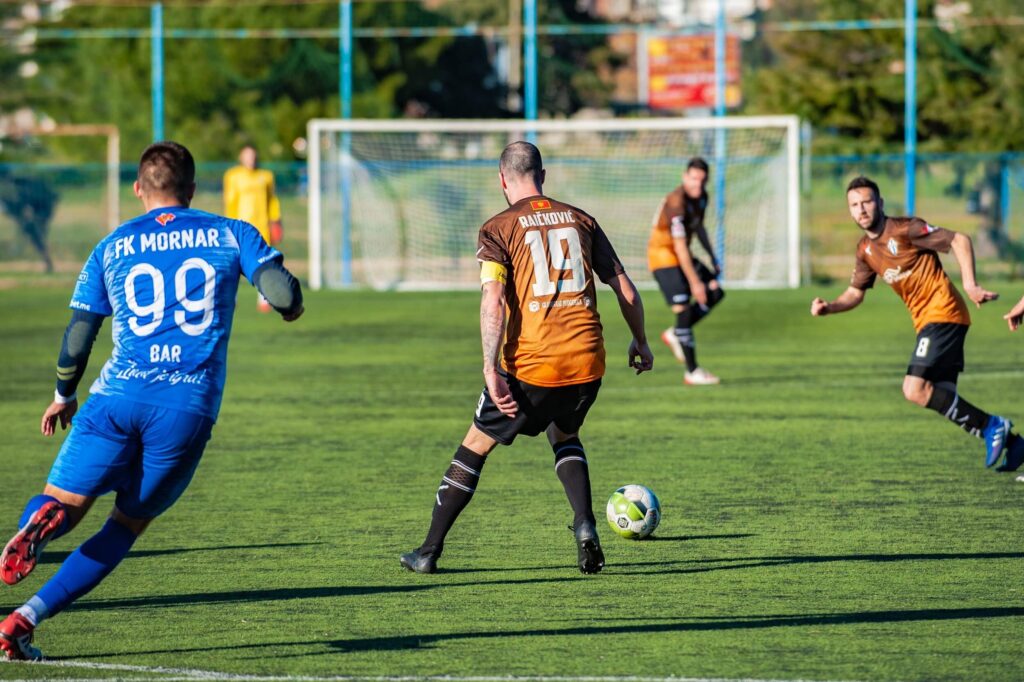
The Causes and Symptoms of Stress
As per the National Institute of Mental Health, Maryland, USA, the primary federal agency for research on mental disorders, stress is the mind and body’s response to a certain demand. Given this definition, it’s possible to infer that everybody experiences stress on occasion.
Certainly, in the case of sports, where one needs to train and perform well constantly, anxiety can ebb and flow over the course of a season or a career. While stress can originate from a positive or a negative event, in many cases, individuals can manage their stress.
Everyone reacts differently to stress, but the most common signs and symptoms can be split into four broad categories: cognitive, emotional, physical, and behavioral.
Stress-related cognitive symptoms include difficulty focusing or making a decision, obsessing, negative thinking and trouble recalling or remembering things (e.g., forgetting plays).
Examples of emotional stress symptoms include frustration or anxiety, anxiousness, despair or depression, decreased motivation, low self-esteem, and self-criticism.
Muscle contraction, tiredness and exhaustion, headaches and intestinal problems are among the physical effects of stress. Another effect of stress could be an increasing occurrence of overall illness or injuries.
Remember to keep an eye on stress-related behavioural changes. A decline in performance in sports or other fields like academics; social phobia or the pattern of getting into quarrels with other people; straightforward assertions regarding emotions; frustration; the feeling of being burned out; and sudden changes in mealtimes and bedtime are all examples of unhealthy coping behaviours.
With all of these ways in which stress can affect a person, it’s easy to see why minimizing negative stress in a sporting environment is critical to maximizing skill at the individual and team levels and building a healthy and successful sporting culture.
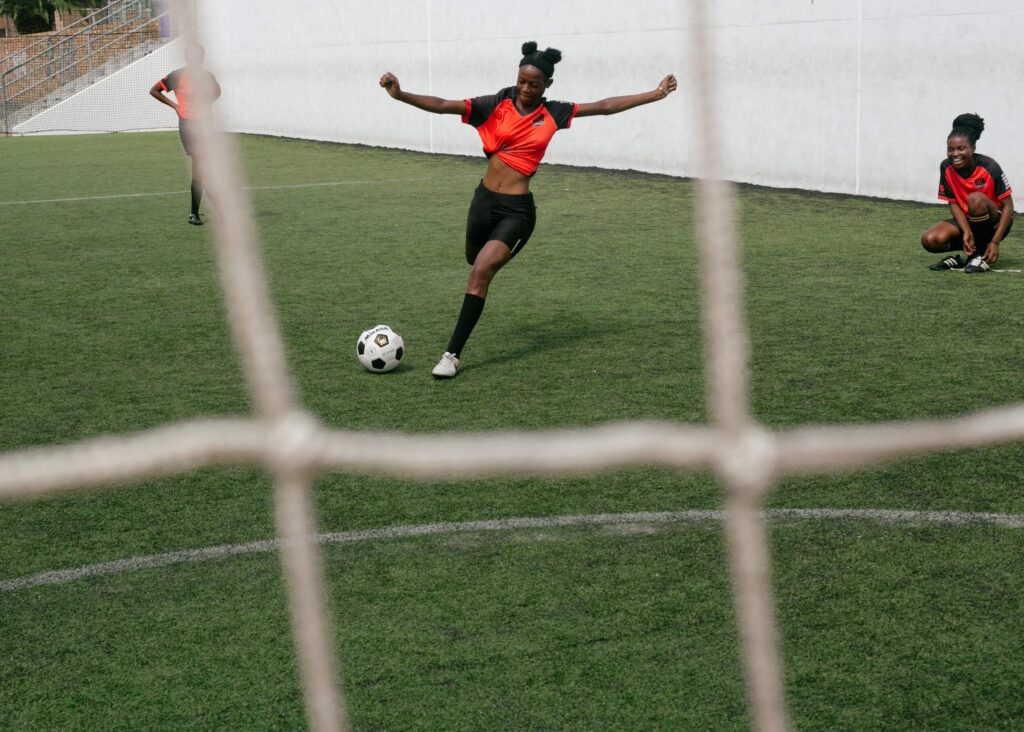
Managing and Adapting to Stress
There are numerous techniques and strategies for dealing with stress. Nevertheless, the primary objective of any effective coping process is to identify methods that will be used consistently and can reduce one’s perceived stress levels.
- First and probably most important, it’s critical for athletes and coaches to understand what stress can look like, so they can recognize when they need to take a break and make a change to prevent becoming chronically stressed. This awareness is also essential because it can direct toward stress-management techniques tailored to their specific needs.
- In addition to handling stress individually, creating sports environments that emphasise work and effort, balanced with encouragement and support, realistic guidelines, clear communication and fun, could help reduce stress perceptions.
- Athletes frequently do not deal with stress properly or understand how to use it optimally, so they must look for outside assistance to cope with it. Therefore, the athletic trainer or team manager is frequently the first person an athlete seeks out when they are stressed. Athletes can deal with stress in healthy ways by engaging in pleasurable activities, taking care of their bodies, maintaining a positive perspective, doing breathing exercises and practising relaxation techniques, talking to others and seeking professional help.
Conclusion
Everyone experiences stress and anxiety on a daily basis. However, studies have revealed that many athletes experience these emotions more than the general population. “Despite the well-documented mental health benefits of exercise and sports participation, some athletes will occasionally experience cognitive, emotional, and behavioural problems.”
Athletic trainers must ensure that their athletes use the counselling centre and employ other methods to reduce their stress and anxiety levels.
Disclaimer: The contents of this article are for general information and educational purposes only. It neither provides any medical advice nor intends to substitute professional medical opinion on the treatment, diagnosis, prevention or alleviation of any disease, disorder or disability. Always consult with your doctor or qualified healthcare professional about your health condition and/or concerns and before undertaking a new healthcare regimen including making any dietary or lifestyle changes.
References
- Adaptation to psychological stress in sport.
- The relaxation response: psychophysiologic aspects and clinical applications.
- Endocrinology of the stress-response.
- Competition stress in sport performers: Stressors experienced in the competition environment.
- Perceptual-cognitive expertise in sport: A meta-analysis.




